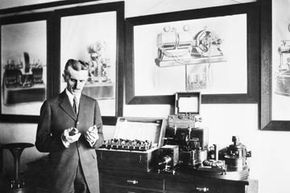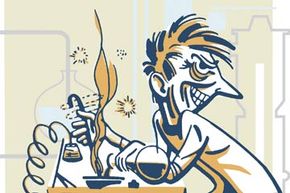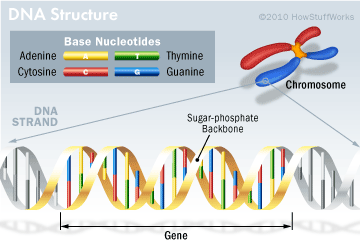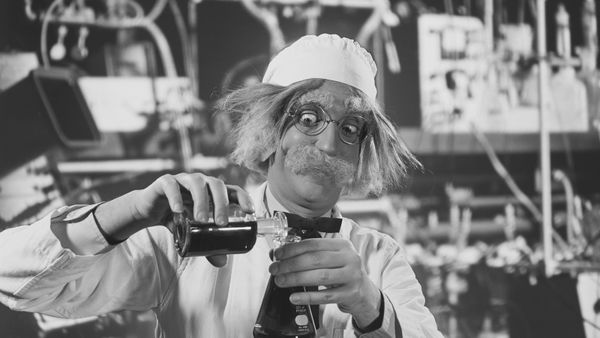Most mornings I power up the television, plug in the coffee maker and turn on my computer. After I've had my fill of forecasts, caffeine and e-mail, I head for the car. In the garage, I turn on fluorescent overhead lights. I push a button to unlock the car, another to open the garage door and still more as I tune the FM radio.
If I paid homage to the person who made it possible, Nikola Tesla's name would certainly be on my lips during the day's earliest hours. Tesla, a Croatian-born Serbian who became an American immigrant in 1884, invented many of the conveniences we still use today.
Advertisement
Tesla's creations, whether FM radio, spark plugs, early computers, fluorescent lights, electrical generators, A/C electricity, remote controls or the Tesla Coil used in TV and radio transmissions, were precursors to many of today's necessities and niceties.
As much as Tesla was a genius, he was mentally ill. He didn't like to touch anything dirty or round, and he hated human hair. The actions of his daily life required divisibility by three: He used 18 napkins at each meal, only slept in hotels rooms assigned a number divisible by three and walked three times around a building before entering it [source: Bayne, Tesla Memorial Society]. If Tesla were alive today, he would probably be diagnosed with obsessive-compulsive disorder.
Turns out, the very spark that triggered Tesla's virtuosity may have been borne in mental illness. The same could be said of Italian Renaissance artist Michelangelo or American mathematician John Nash. Michelangelo would probably have been labeled autistic were he alive today; Nash's descent into schizophrenia was chronicled in the film, "A Beautiful Mind" [sources: Davis, PBS].
Whether it manifests as schizophrenia, depression, anxiety or anorexia, mental illness is a medical condition. It affects a person's thoughts, mood and daily life -- often negatively [source: National Alliance on Mental Illness]. Even so, mental illness has been part and parcel of some of the world's most creative minds. We'll explore why on the next page.
Advertisement




